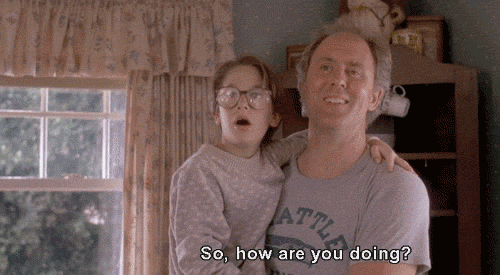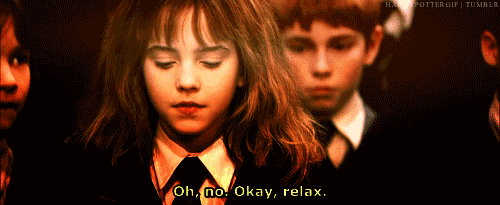This week I had a program where I picked the incorrect book. It was a good book, and good for the topic, and a perfect read-aloud for 8-12 year-old kids.
...Problem was, the day of the program, 4-8 year-old kids showed up. I still "read" the book, skimming pages while following the story; but I left the program disappointed in myself.
Why hadn't I prepared for this? Why didn't I just skip the book when I saw who was there?
I'm kind of glad this came up, because another Iron Fist post has been rattling around in my head, this time about helping kids navigate your programming for success. Truly, the following post is probably step #1 in Traditional Programming Child Management: is your program developmentally appropriate? This is really important to think about now that we're all trying STE(a)M at our libraries. I'm not saying that toddlers can't love
learning about the weather or that fifth graders can't love sensory activities; but: how are these ideas presented? Are you explaining
clouds in a tangible way that toddlers can connect to their world? Are you talking to fifth graders about the weird things
their senses do every day without their knowledge to screw with their heads so they're interested? If they're bored out of their skulls, kids will let you know by acting out. Chaos or disinterest in your program is not their fault, it's yours.
I don't say that to be harsh, I promise. I say that to empower us all:
their interest in your program is under your control.
As I thought about my book of choice, and how disappointed in myself I was, I realized that my programming is influenced by education in a way that I never realized before:
differentiating instruction.










